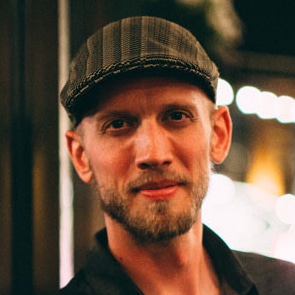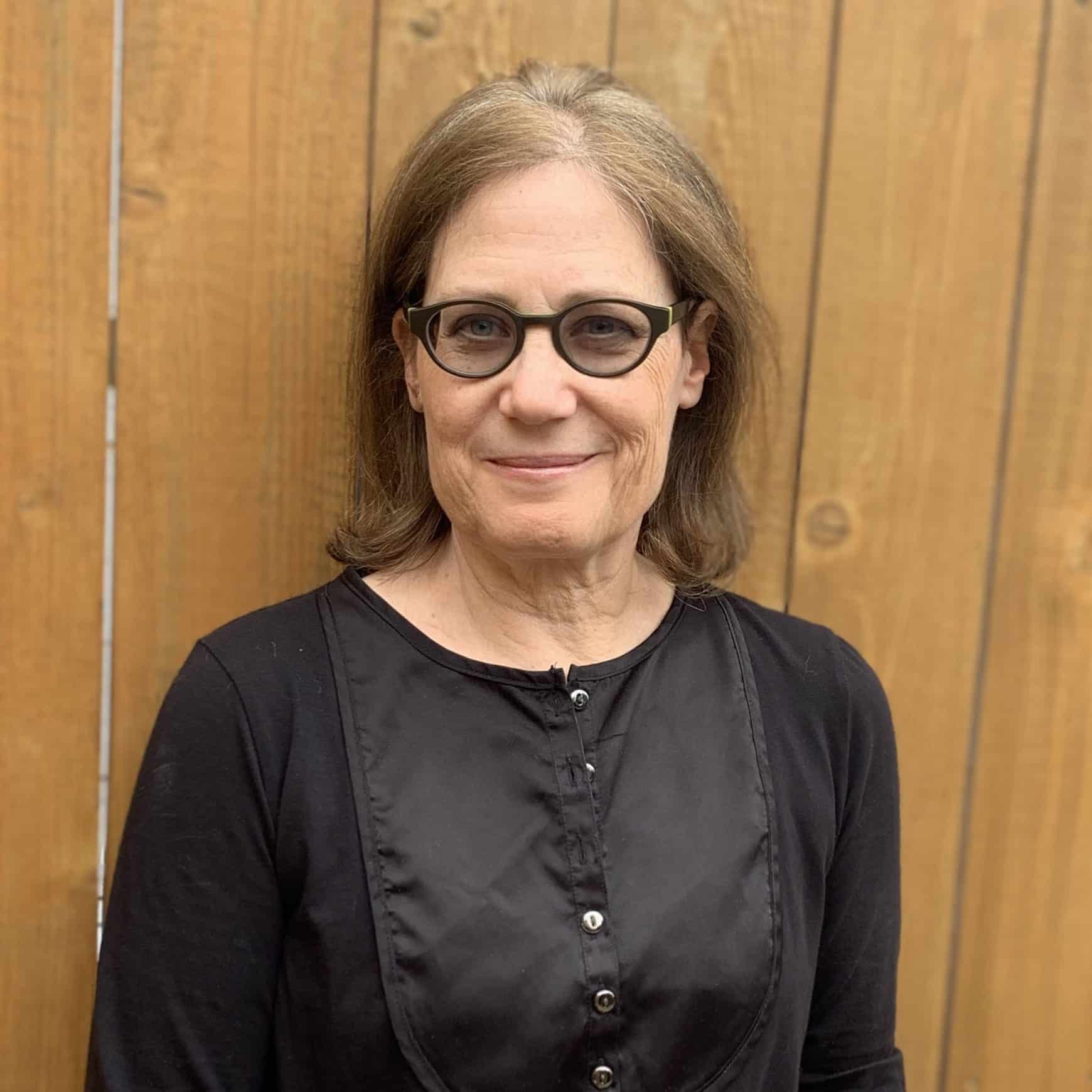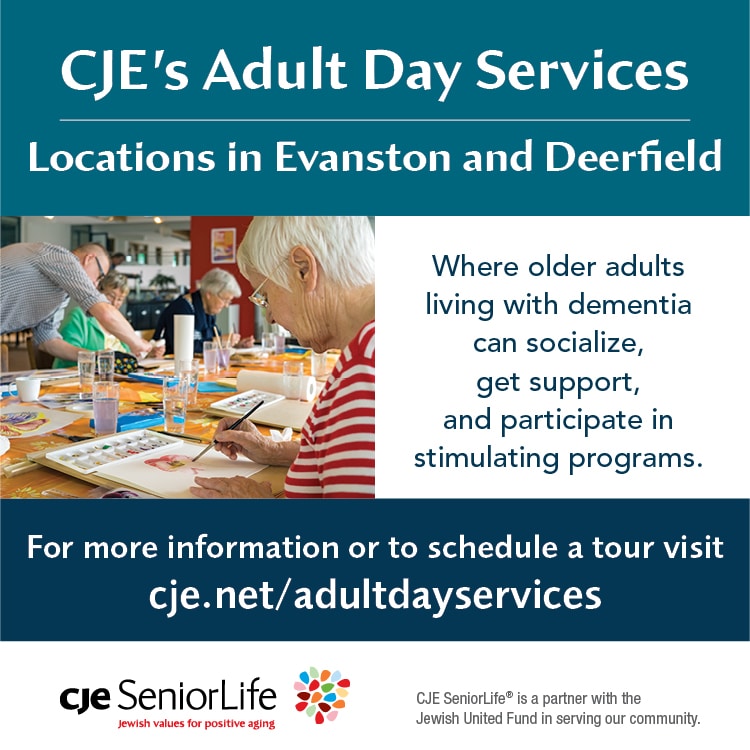Why some still shun one of the most important healthcare advances in the history of the world
Fact checked by Shannon Sparks
What is the greatest accomplishment in the history of public health? One word, according to the Centers for Disease Control (CDC): vaccines.
Vaccines have eradicated some of the worst diseases on the planet (think: smallpox) and greatly reduced the harm and havoc caused by other diseases, such as Ebola. Vaccines are tightly controlled, carefully tested, and closely monitored. Yet, many individuals are still reluctant to get them or to allow their children to receive them.
The conflict of “getting your jab” — aka the Covid-19 vaccine — lingers fresh in peoples’ minds. But the polarization around it certainly wasn’t a first in the United States and likely won’t be the last.
Attitudes toward vaccines in general, and most recently the Covid vaccine, represent a reversal of the forward-marching progress that science and medicine have offered society. Think of it in another context: Is there a similar backlash against the latest Alzheimer’s drug, or the newest immunotherapy to fight cancer? Why isn’t the efficacy of those therapies called into question? What is unique about vaccines? And, as a society, how did we get from overall positive acceptance of vaccines to this maelstrom of confusion and rejection in just 70 years?
Victims of their own success
Look at polio, for example. As the polio virus spread in the U.S., people were fearful of dying or relying on an iron lung for the rest of their lives to help them breathe. In the decade leading up to the polio vaccine’s development in 1955, the virus disabled about 35,000 Americans every year.
People at the time had concerns about the safety of the polio vaccine. And despite a devastating tragedy at one of the six vaccine manufacturers’ facilities that actually infected people with polio, the public quickly embraced the vaccine’s benefits. They had seen how polio could ravage a person, and their fear motivated them.
But once the vaccine reduced or eliminated the threat of contracting polio, the fear around it subsided. Most Americans resumed their normal day-to-day activities and social interactions.
Researchers had thought polio was completely eliminated in North America. Only a small handful of cases — 30 in 2022, for example — occur each year. Given those statistics, most immunologists consider the polio vaccine a rousing success.
Then, in July 2022, a 20-year-old unvaccinated man was diagnosed with polio in Rockland County, New York. Subsequently, New York state health officials found poliovirus in New York state sewage samples.
“When was the last time you heard of someone being hospitalized for measles or a child dying of rubella disease?” Aniruddha Hazra, MD, an infectious disease specialist and associate professor of medicine at the University of Chicago Medicine asks. “Because vaccines have been so effective at eradicating or really reducing the causes of death for children, people started to question why they were getting a vaccine if they weren’t even seeing [the disease]. In that sense, vaccines have been the victims of their own success.”
Carol Pandak, director of Rotary International’s PolioPlus program, agrees. “Often times, grandparents want to vaccinate kids, but the parents are more skeptical because they haven’t seen the diseases,” she says.
More than just a vaccine
Today, attitudes about some vaccines have mutated well beyond the scope of public health. Take Covid, for example. Despite its effectiveness in reducing hospitalizations and deaths, the Covid vaccine remains a hotbed of controversy and a totem of people’s political views. Rumors swirled around it: It could magnetize you, one Ohio doctor suggested; it causes heart attacks; it’s Bill Gates implanting a microchip inside you.
In perhaps the most striking way, the development of the Covid vaccine represents the triumph of science and medicine and humankind’s ability to harness the knowledge at our fingertips for worldwide benefit. The polio vaccine, for instance, took two and a half years to develop; by contrast, the Covid vaccine took less than 12 months.
Even in 2024, a range of 645 to 2,457 people die from Covid every week around the country; on average 261 people enter hospitals because of it daily in Illinois alone. Yet the percentage of Americans who have received the latest Covid shot is shockingly low: just 11%, according to the Centers for Disease Control.
Sameer Vohra, MD, director of the Illinois Department of Public Health, sees this dichotomy as a communications issue. “In public health, we say we are succeeding when people aren’t aware of the problems they are facing,” he says. “We have to change the narrative, so people understand how valuable these public health initiatives are.”
Perhaps the message has to shift entirely. Vaccines today may have a different purpose than the polio and smallpox vaccines of decades ago. “I think it’s important to recognize where the true power of vaccines [is],” Hazra says. “Yes, some of that power is in preventing infection, but the main power of the vaccines is to help prevent severe illness and death.”
Another factor is how likely a person thinks they are of becoming ill, says Todd Doyle, PhD, a clinical psychologist with Loyola University Medical Center. These risk perceptions are quite common. For example, deciding to wear a seatbelt depends largely on the perceived risk of being in a car accident; deciding to wear a condom during a sexual encounter is based on the risk of contracting a STD. “Someone’s perception of risk and how high that perception of risk is is one big factor that kind of rolls into this,” Doyle says.
A changing landscape
Debate about the safety, efficacy, and administration of vaccines is valid and important. Although many of us wish we were arguing the pros and cons of vaccination as if we were in a regulated high school debate club — where one side deliberates the merits of an issue with the opposing viewpoint — the reality is that we aren’t. That would assume we were debating the same set of facts.
Evidence-based, scientific research no longer holds ultimate sway in a discussion about vaccines; instead, it is reduced to another voice at the table.
There’s no single origin story for the pushback against vaccines. Popularized by public figures such as actress Jenny McCarthy and Robert Kennedy, Jr., the theory, subsequently debunked, that the measles, mumps, and rubella (MMR) vaccine caused autism raised alarm. Fearing potential autism, concerned parents all over the country stopped their children from being vaccinated.
While rubella was considered eliminated in the U.S. in 2004, infection can occur when unvaccinated travelers encounter the disease overseas.
“Prior to Covid, we had been seeing declining rates of MMR and even flu vaccinations, so the apprehension around the Covid vaccine wasn’t new,” Hazra says. “When the vaccine wasn’t a panacea, when it wouldn’t prevent 100% of the population from getting Covid, that’s a moment that moved people to a new place with vaccination on whether they should get it or not.”
Misinformation vs. disinformation
And people base that decision on mass amounts of false information — some of it intentionally false (disinformation), often disseminated to financially benefit the person who initially put the disinformation out there (think: a YouTube personality selling vitamins or anti-vax t-shirts). Political pundits amplify their own views about vaccines. And social media incubates extreme viewpoints and inaccurate information, insulating citizens from genuine dialogue.
The line between being educated about vaccines and “doing your own research” — a term bandied about with vaccine skeptics — can dredge up all kinds of conspiracy theories on the internet.
Tim Liao, PhD, a sociologist at State University of New York Stony Brook, studied the content of protest slogans. His 2022 paper noted the difference between misinformation and disinformation. “To counter disinformation — it would be really difficult,” he says. “Whereas misinformation — that’s a little easier because you [can] come up with information or evidence to show that, ‘No, this is not the way it works. It’s the other way,’ and that may turn some people around. You cannot counter the hardcore who spread disinformation.”
It’s not a bad thing for people to educate themselves about their vaccine options, but they need to look to informed sources based on evidence — such as the CDC, their primary care doctor, or peer-reviewed studies — rather than to their favorite politician, celebrity, or internet personality.
“It is okay for people to question things they do not understand,” Vohra says. “We want people to understand the decisions they are making around their preventative and medical care. Often around vaccines, in the vast majority of those cases, the benefits far outweigh the risks. I would never not want somebody to bring up those concerns.”
Covid lockdowns, the development of the Covid vaccine, and the subsequent rollout of vaccination clinics became tinder for political affiliation and fire. Vaccination was no longer a health issue that individuals decided for themselves outside of the public sphere; it became intertwined as part of a brand identity with other political issues, including gun ownership, isolationism, and whether you thought schools were protecting children — or harming them.
In short, we ended up with a phenomenon where many people declare their own truth about the danger of vaccines, find information and like-minded communities (online or in-person) to support their views, conflate those views with personal identity, and then attack others who don’t share those beliefs.
Science holds the evidence — yet, we’re a far way from science being regarded as an impartial referee on the subject of vaccines.
A hard road forward
Historically, scientists haven’t always treated minority communities ethically when it comes to vaccines or medical research. The U.S. Public Health Service’s syphilis study and the non-consented use of Henrietta Lacks’ cells for research that others profited from are two glaring examples. A healthy dose of skepticism about vaccines for these communities and for the population at large is understandable and justifiable.
Whitney Nicole Lyn, MD, the lead family medicine physician at Cook County Health’s Sengstacke Health Clinic, notes that many of her patients who are minorities were highly suspicious of the Covid vaccine due to these historical injustices.
Lyn addressed their suspicions with logic. The government and public health workers, she says, “wanted to give [the vaccine] to all the physicians and healthcare workers first. That means that they don’t want us to die off. That means that this vaccine has to be very good, if they’re giving it to the medical staff first.”
Confronting these historical injustices is one dilemma. Combatting disinformation is completely different. Lyn, Vohra, and Hazra all cite education as the bedrock to counter false narratives about vaccines’ side effects. Whether it’s mass marketing or an individual conversation with a provider, education has a nearly impossible task to push back against vaccine fears, doubts and political objections fostered by social media and mass media.
“Social media can be great but can also hinder a lot of good things,” Lyn says. She works hard to create an atmosphere of trust with her patients, where they can be confident in her advice. “If you trust your provider, whatever they tell you to do, you should be able to do and know that they are looking out for your best interest.”
Originally published in the Spring/Summer 2024 print issue.

Dan Dean is a writer, cancer survivor, and founder of Cancer Dudes, which supports men after being diagnosed with cancer.

Ronit Rose is a freelance writer, based in Chicago. She has a special interest in health, healthcare and preventive medicine.













